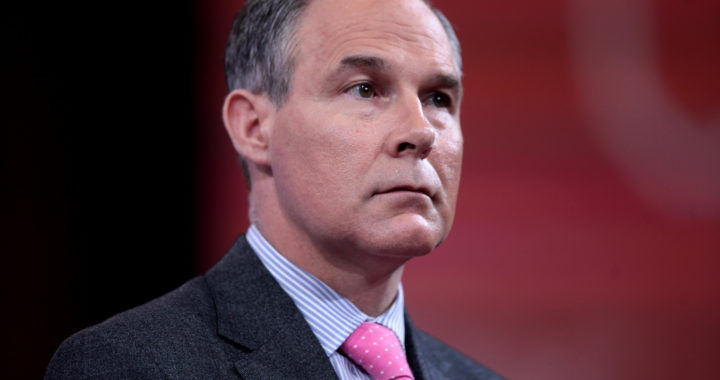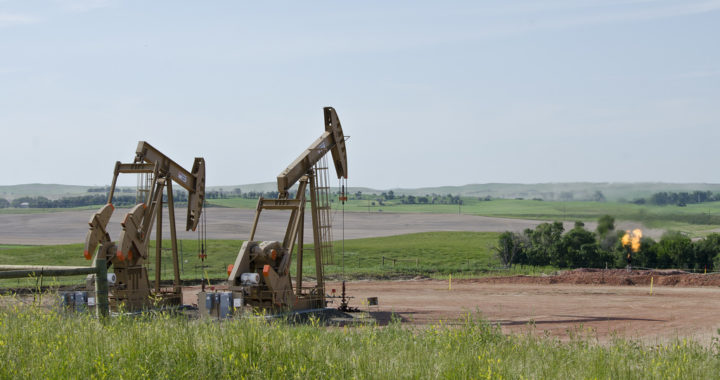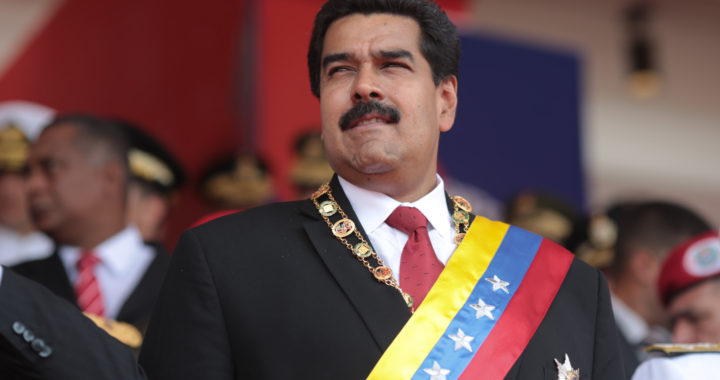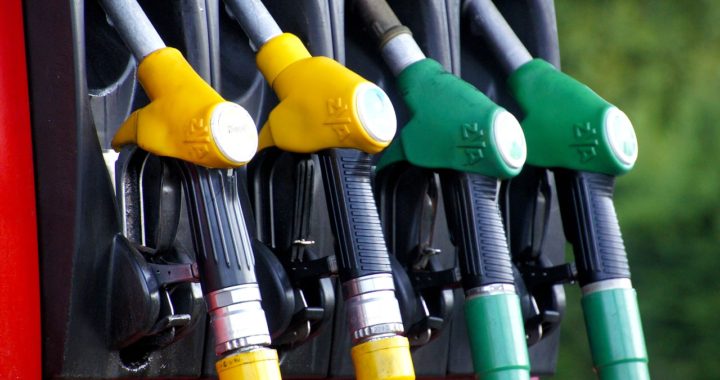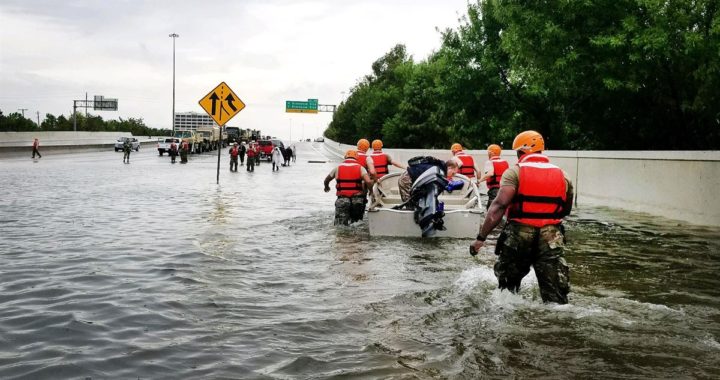On Monday, Scott Pruitt, the head of the Environmental Protection Agency, announced that the EPA would set about repealing the Clean Power Plan. The end of the Obama-era policy has been a long time coming, but its final death rattle has triggered a wave of anti-energy protests from both private organizations and state governments.
While these protests boil up, however, individual states have taken it upon themselves to pioneer their own environmental future. You know, rather than moan and groan in idle.

